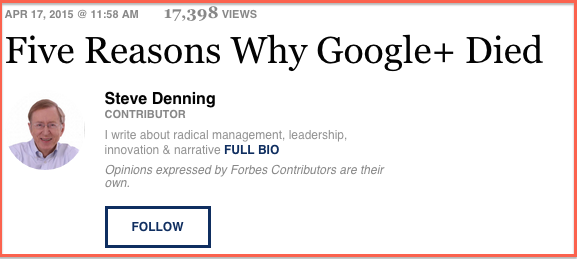To find the right words, you need 15 degrees of separation
Here’s what I’ve learned: for great writing, you need minds that don’t think alike. They have to think similarly, but there must be a bit of space between them. People come to me to find the right words. I especially like working with leaders of small organizations. They know who they are (or think they do). They’re…




